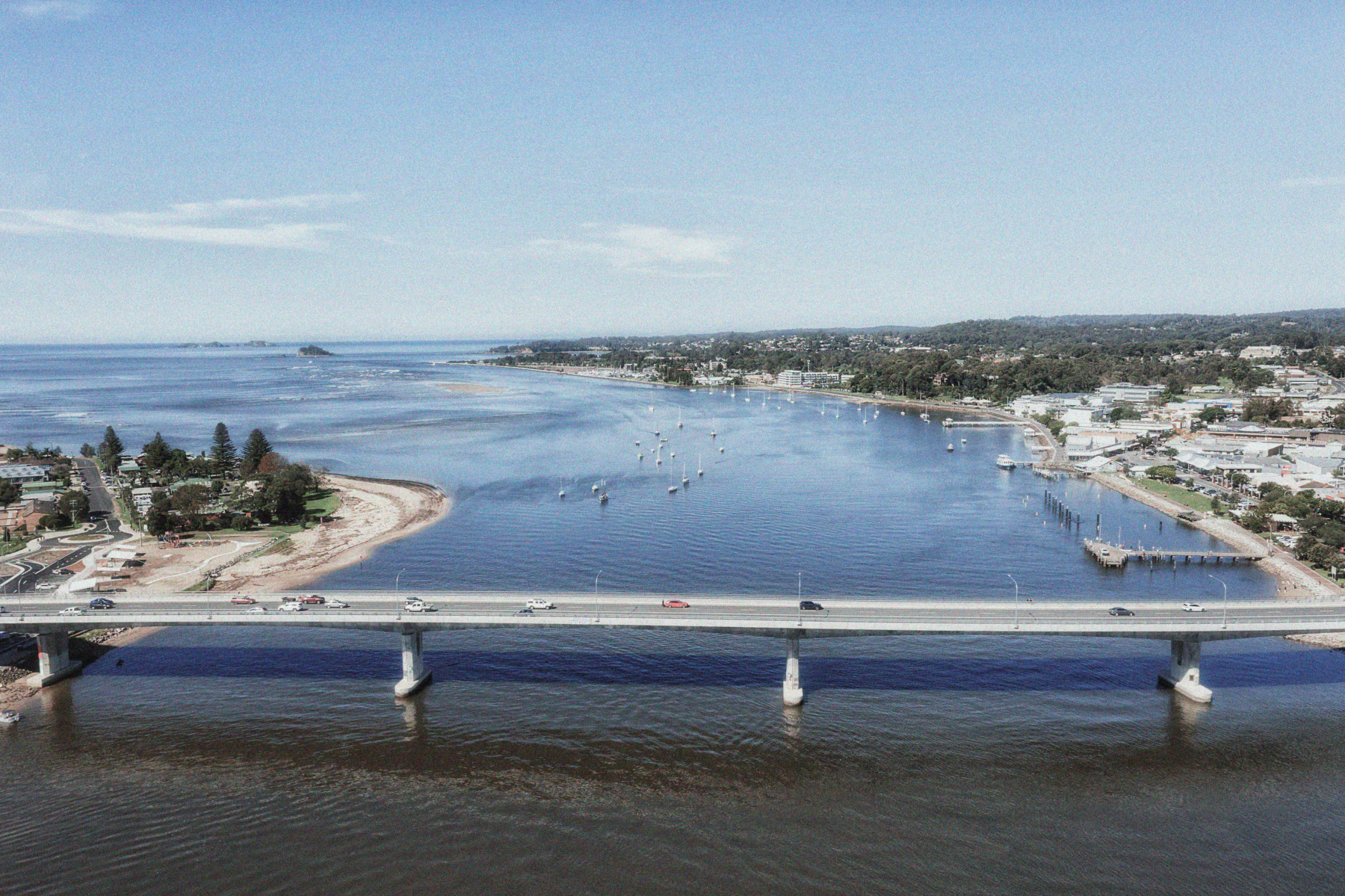More people died on New South Wales and South Coast roads in the first 10 months of 2023 than in the whole of 2022.

More people died on New South Wales and South Coast roads in the first 10 months of 2023 than in the whole of 2022.
Road deaths have been rising across Australia but this year the trend has been worse in NSW.
By the end of October, the state had suffered 293 road deaths – already well ahead of the 281 deaths recorded in 2022.
On the NSW South Coast, a popular tourist destination at this time of year, 14 people died in car crashes in the federal electorate of Gilmore in the first 10 months of 2023 – eight more than in the entire year of 2022. Another 14 died on the roads of Eden-Monaro – equal to the electorate’s total deaths for the whole of 2022.

Together, Gilmore and Eden-Monaro accounted for 2.7 per cent of national road deaths, despite being home to about 1.3 per cent per cent of the national population.
The region’s road toll for the 10 months to the end of October is the equivalent of 8.5 deaths per 100,000 people. The national road death rate per 100,000 people was 4.0 over the same period.
The AAA is calling on the Federal Government to provide more leadership to deal with the road safety crisis by adopting data transparency and evidence-based policy making.
AAA Managing Director Michael Bradley said the Commonwealth should compel states to release secret data about the causes of crashes, the condition of roads and police enforcement as a condition of receiving their share of the $10 billion the Commonwealth spends each year on roads.
The data could be used by experts to create more effective road safety policies and show Australians whether politicians are spending our taxes on roads to save lives or win votes in marginal electorates.
“Despite billions being spent each year on roads, road deaths are increasing,’’ Mr Bradley said.
“We need to look at the data to find out what is going wrong. States and territories collect this data but keep it secret.
“Data transparency would enhance public confidence in decision making and help Transport Minister Catherine King to deliver her 2022 election promise to ‘end the rorts’ in road funding.”
The AAA’s ongoing Data Saves Lives campaign calls on Minister King to insert data reporting requirements for the states into the next five-year National Partnership Agreement on Land Transport Infrastructure Projects (NPA), due to start next July, when the existing agreement expires.
The NPA was due to be discussed by state and federal transport ministers earlier this month in Hobart. But that meeting failed to produce meaningful progress on road safety and the NPA will now be considered next year.
Mr Bradley said existing efforts to extract data from states on a voluntary basis had proved ineffective.
“The only way to lock in transparency and accountability is for the Commonwealth to oblige the states to provide road safety data to receive their share of the $10 billion a year it spends on roads each year,” he said.
Data Saves Lives is supported by all the nation’s motoring clubs, as well as 17 national organisations representing motorists, motorcyclists, truckers, pedestrians, doctors, insurers, road engineers and safety advocates. Mr Bradley said the AAA would continue to argue for data transparency as a commonsense reform that would save lives on our roads.
All federal Liberal, National, Greens and Teals MPs have now endorsed the AAA’s proposals. But with only one exception, Labor MPs have declined to support road safety data transparency.
For more detail see datasaveslives.org.au.

The Federal Government must explain its continued refusal to implement the road safety reforms it announced just days before the 2022 Election, as new data shows Australia’s road toll continues to climb.
read more
The Queensland Government has agreed to share with the Commonwealth and the public previously secret data about the causes of car crashes, traffic policing and the condition of roads to help tackle the escalating road safety crisis.
read more
The quarterly update of the AAA’s EV Index shows Australians are continuing to shift towards electric vehicles and that internal combustion engines’ market share continues to decline.
read more